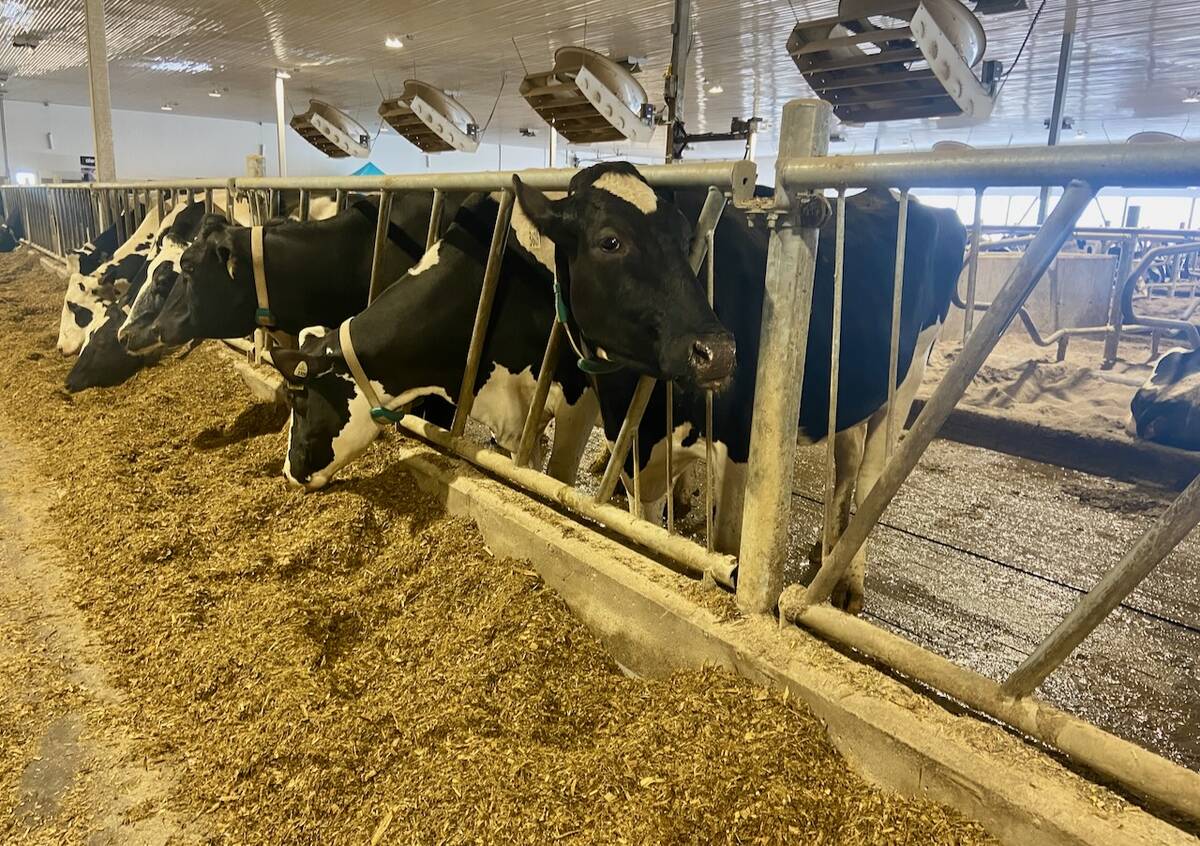Canada’s biggest rail car leasing company doesn’t like the idea of the federal government helping a competitor get into business.
One of the options that Ottawa is considering for disposing of its 12,400 hopper cars is transferring them to the Farmer Rail Car Coalition for a nominal fee.
The coalition would operate as a non-profit rail car leasing company, providing cars to the national railways and others for hauling grain.
That doesn’t sit well with GE Railcar Services, a Calgary-based division of General Electric, which manages a fleet of about 16,000 rail cars in Canada, many of which are leased to the national railways for grain movement.
Read Also

U.S. farm group supports supply management
U.S. grassroots farm advocacy group pushing new agriculture legislation that would move towards supply management like Canada has for dairy industry
“Certainly from our perspective we don’t think it’s a good use of taxpayers’ money to put another competitor in our business,” said Glenn Tomalty, vice-president of sales for GE Railcar Services.
He also described it as a “fairness issue,” saying that if the coalition is able to go into business without having to put up any capital investment, it would gain an unfair advantage in the car leasing market.
Federal transport minister Jean Lapierre has said he wants to take a recommendation on the fate of the federal rail car fleet to cabinet this fall.
The government has said it is considering three options: the status quo, with Ottawa continuing to own the cars and providing them to the railways at no cost; transferring them to the coalition for a nominal fee or through a lease-to-buy arrangement; or selling them to the highest bidder through a commercial auction process.
The coalition has been working on its plan to take over the cars for years, but in recent weeks the railways, grain companies and some farm groups have undertaken a vigorous lobbying campaign against the coalition’s proposal.
Tomalty said his company is waiting for the federal government to reveal its plans, particularly the terms and conditions of any sale.
“If they did go out for tender, we would certainly consider bidding on a portion of them,” he said.
“We’re always looking at what equipment is available to purchase.”
He declined to say how many cars GE might be interested in buying or how much it would be willing to pay, adding that the cars’ value will depend in part on the terms and conditions of sale. For example, they would be worth less if they were limited to grain hauling in Western Canada.
Various estimates have placed the cars’ value at between $100 million and $200 million.
If the railways successfully negotiated to buy some of the cars, GE could also provide financing, in effect buying the cars and leasing them back to the railways.
Tomalty said GE doesn’t think the coalition proposal would be good for the industry, in part because it would bring in a series of new players, including the various companies the coalition will hire to provide professional expertise in areas such as railway management and equipment maintenance and repair.
“In effect you’re bringing in many new stakeholders to solve a problem that doesn’t need solving,” he said.
“We just don’t see them as a fair, viable operator.”
One of the issues surrounding the future of the cars is their age and replacement. The rail car coalition has said it would begin replacing 1,700 worn-out grain hopper cars within the next 10 years, with the entire fleet replaced over the next 30 years, at a total cost of about $1.5 billion.
The federal government has hired an independent firm to inspect the fleet before any sale occurs.
Tomalty said the condition of the cars is not that big an issue. While some are in rough shape, a proper maintenance program would result in most of the fleet being serviceable for another 10 to 15 years.
He added the Canadian cars compare favourably with the grain car fleet in the United States.














